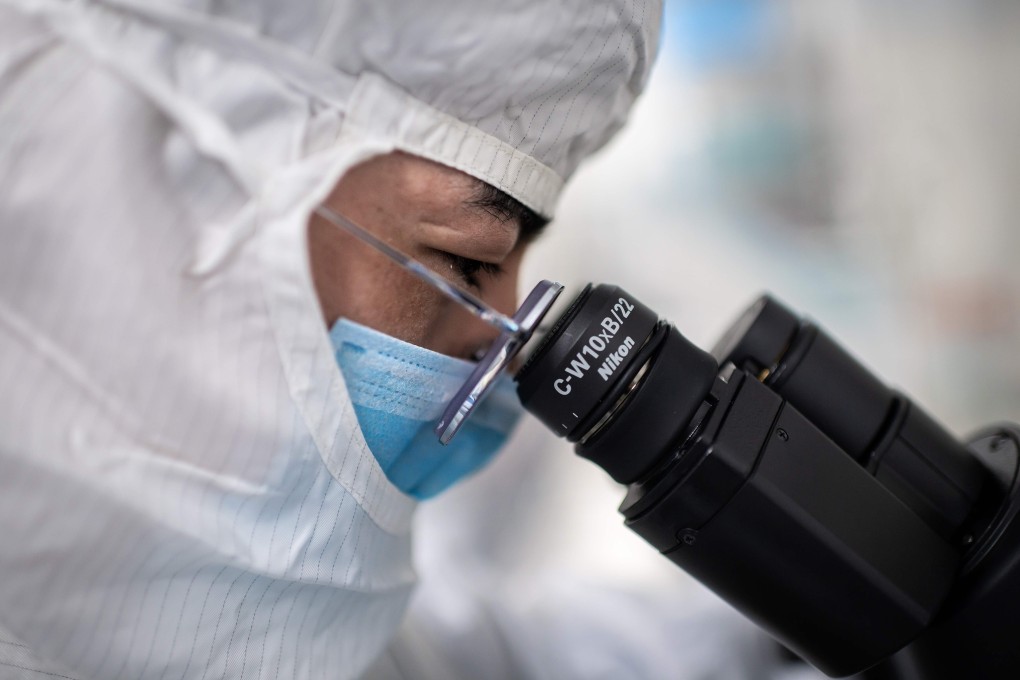Chinese agency world’s biggest funder of coronavirus research, Oxford study finds
- National Natural Science Foundation of China has given financial support to 124 studies published in top journals, researchers say
- That was more than the US Department of Health and National Institutes of Health combined

The largest funder of coronavirus research in the world is a Chinese government agency, according to an Oxford study. The National Natural Science Foundation of China, affiliated with the State Council, had provided financial support to 124 studies on the virus published in top international journals as of May 16.
That was more than the combined number of similar studies backed by the US Department of Health and National Institutes of Health (NIH) – the second and third biggest funders, according to University of Oxford researcher Petar Radanliev and colleagues.
But Europe, which has reported the most Covid-19 cases and deaths so far, had provided relatively little funding for virus research, they said.
“There are only six data records from the EU funds,” said Radanliev and collaborators in a non-peer reviewed paper posted on preprint website arXiv.org on Tuesday.

02:10
Scientists in China claim a new drug could stop Covid-19 without a vaccine